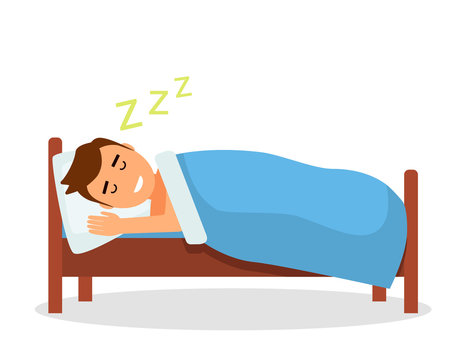
Poor sleep can have a significant impact on fertility in both men and women. Sleep is essential for maintaining overall health and well-being, and disruptions to sleep patterns can affect various physiological and hormonal processes that are crucial for reproductive health. Here’s how poor sleep can impact fertility in men and women:
- Impact on Men’s fertility :
- Reduced sperm quality: Poor sleep has been associated with lower sperm quality, including decreased sperm count, motility, and morphology (shape). These factors can impair male fertility and reduce the chances of successful conception.
- Hormonal imbalances: Disruptions in sleep can lead to alterations in the production of hormones such as testosterone, luteinizing hormone (LH), and follicle-stimulating hormone (FSH). These hormones play crucial roles in sperm production and overall reproductive function.
- Impact on Women’s fertility:
- Irregular menstrual cycles: Poor sleep and sleep disorders, such as insomnia or sleep apnea, can lead to hormonal imbalances that affect the regularity of menstrual cycles. Irregular or anovulatory cycles can reduce a woman’s chances of conceiving.
- Impaired ovulation: Sleep disturbances can disrupt the hormonal signaling involved in ovulation, leading to suboptimal or failed release of eggs from the ovaries, which is essential for conception.
- Increased stress levels: Poor sleep can contribute to increased stress and cortisol levels, which can interfere with the reproductive hormones and affect fertility.
- Shared impact for both men and women:
- Disrupted circadian rhythms: Irregular sleep patterns or inadequate sleep can disrupt the body’s internal clock (circadian rhythms), affecting hormone production and secretion in both men and women. This can negatively impact fertility.
- Increased inflammation: Poor sleep can trigger an inflammatory response in the body, which can have adverse effects on reproductive health and fertility.
Overall, poor sleep can have a cascading effect on various aspects of reproductive health in both men and women. It is essential for individuals trying to conceive to prioritize good sleep habits, maintain a consistent sleep schedule, and address any sleep disorders or disturbances promptly. If fertility issues persist despite improvements in sleep quality, it is crucial to seek medical advice from healthcare professionals or fertility specialists to explore other potential factors affecting fertility.
For more detailed conversation on fertility issues, book an appointment with our fertility experts


